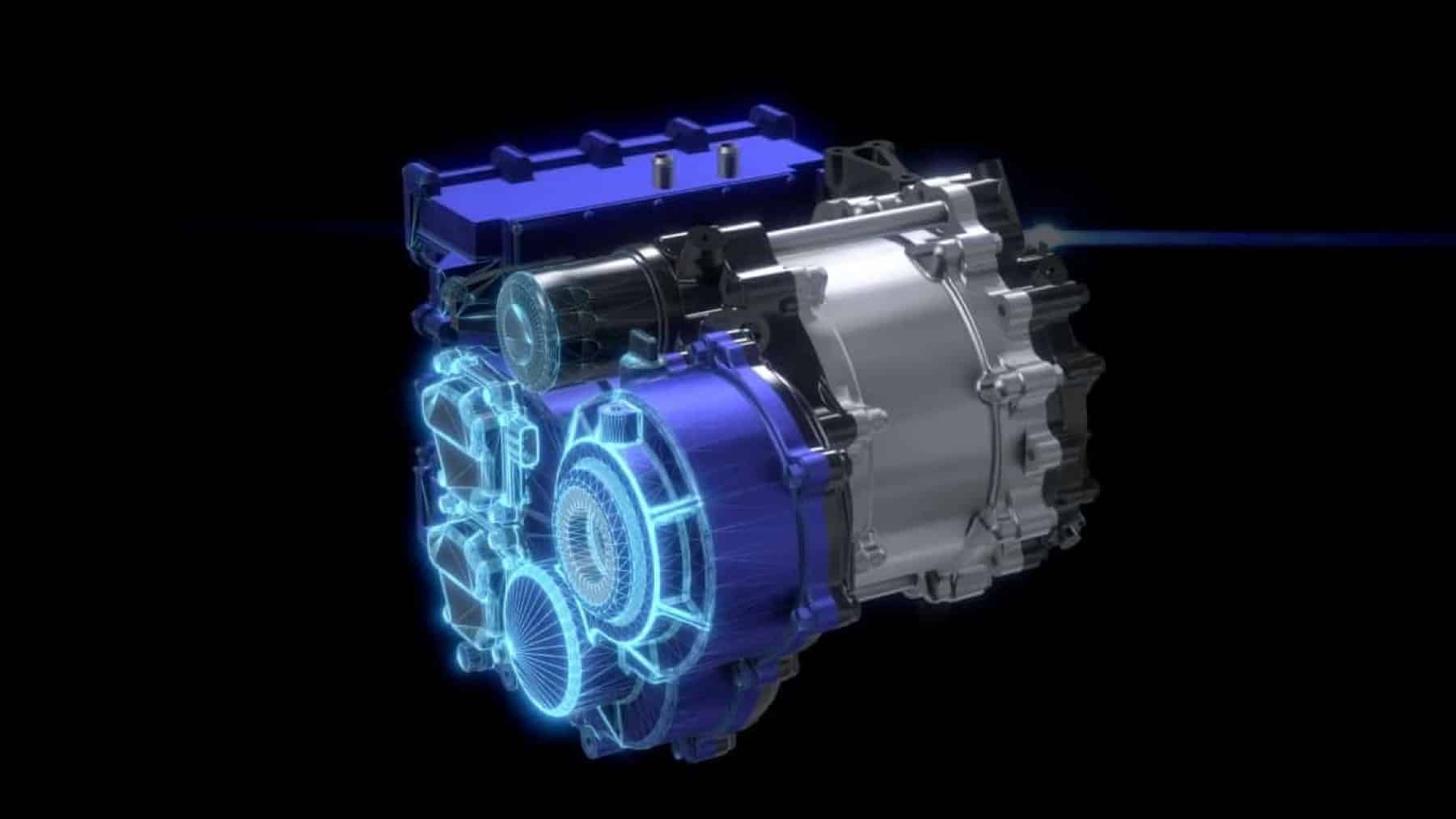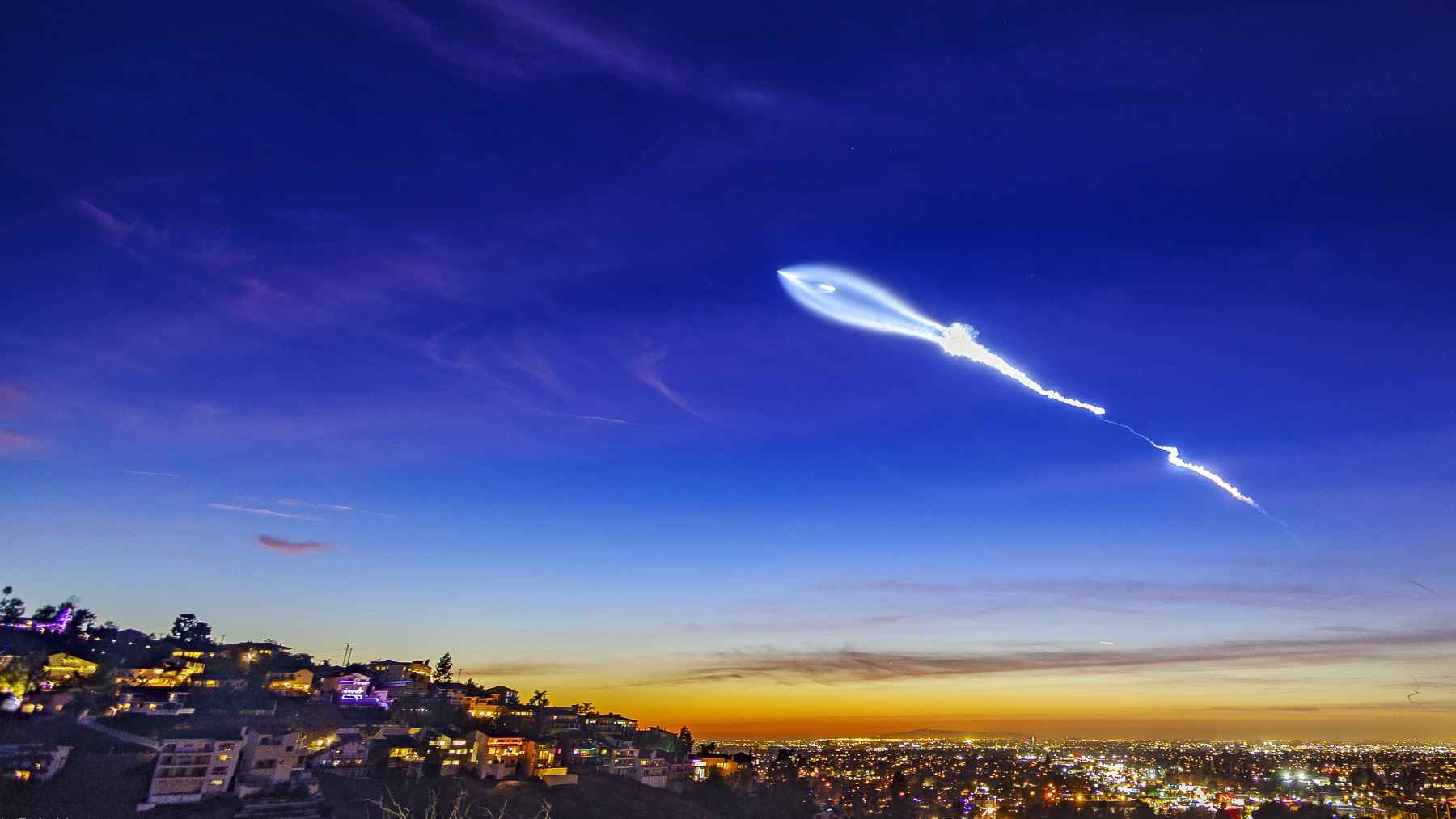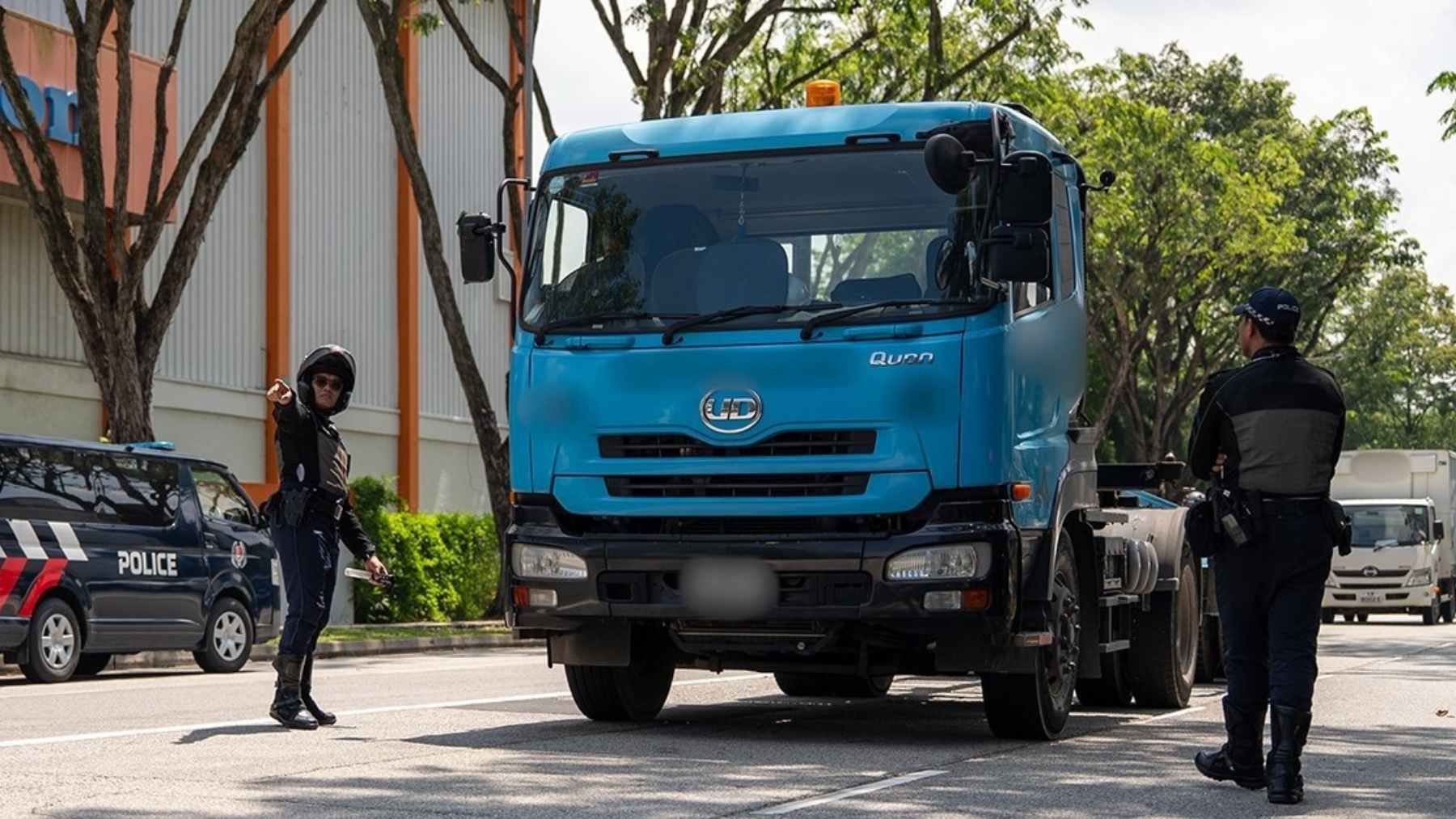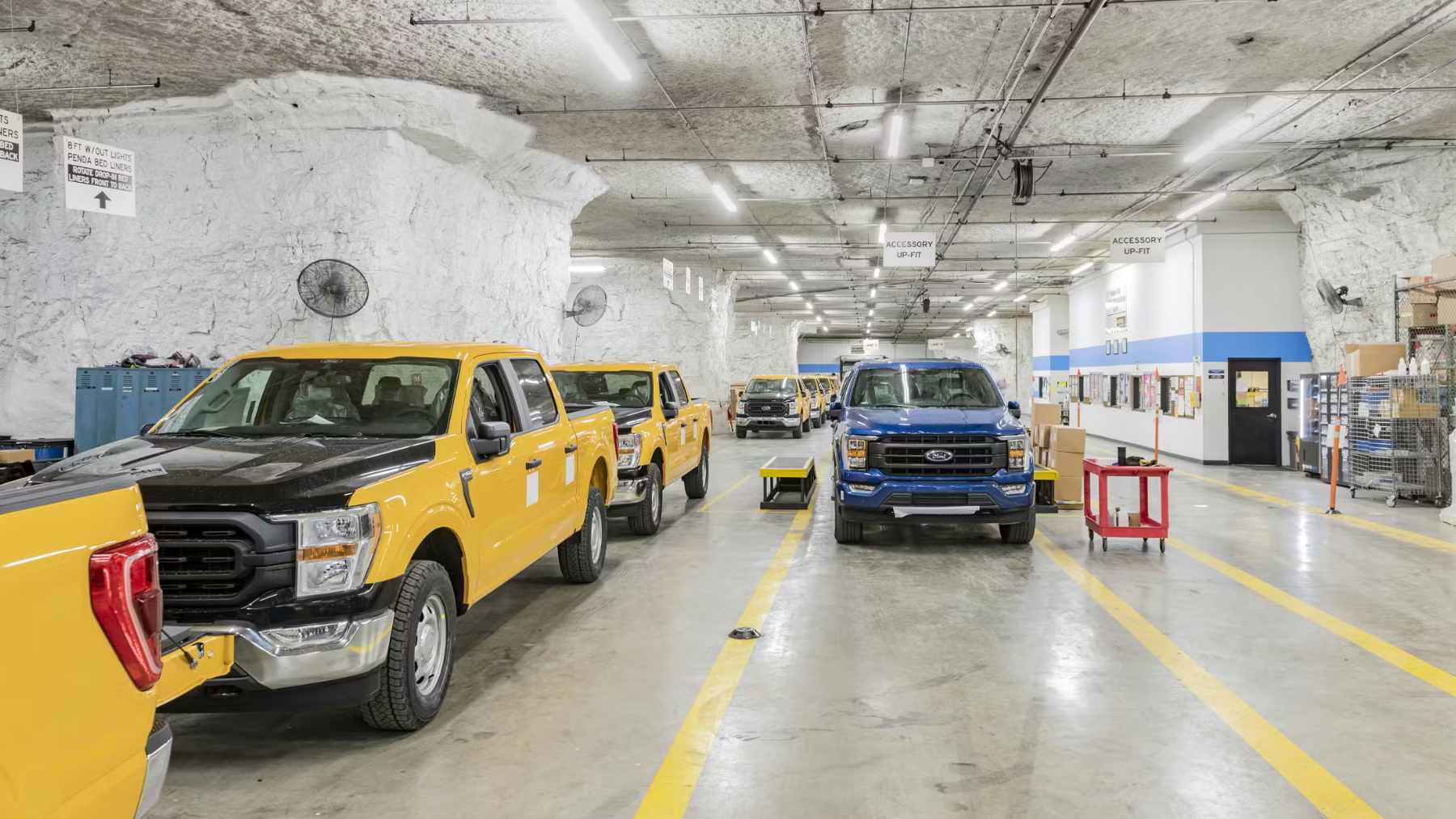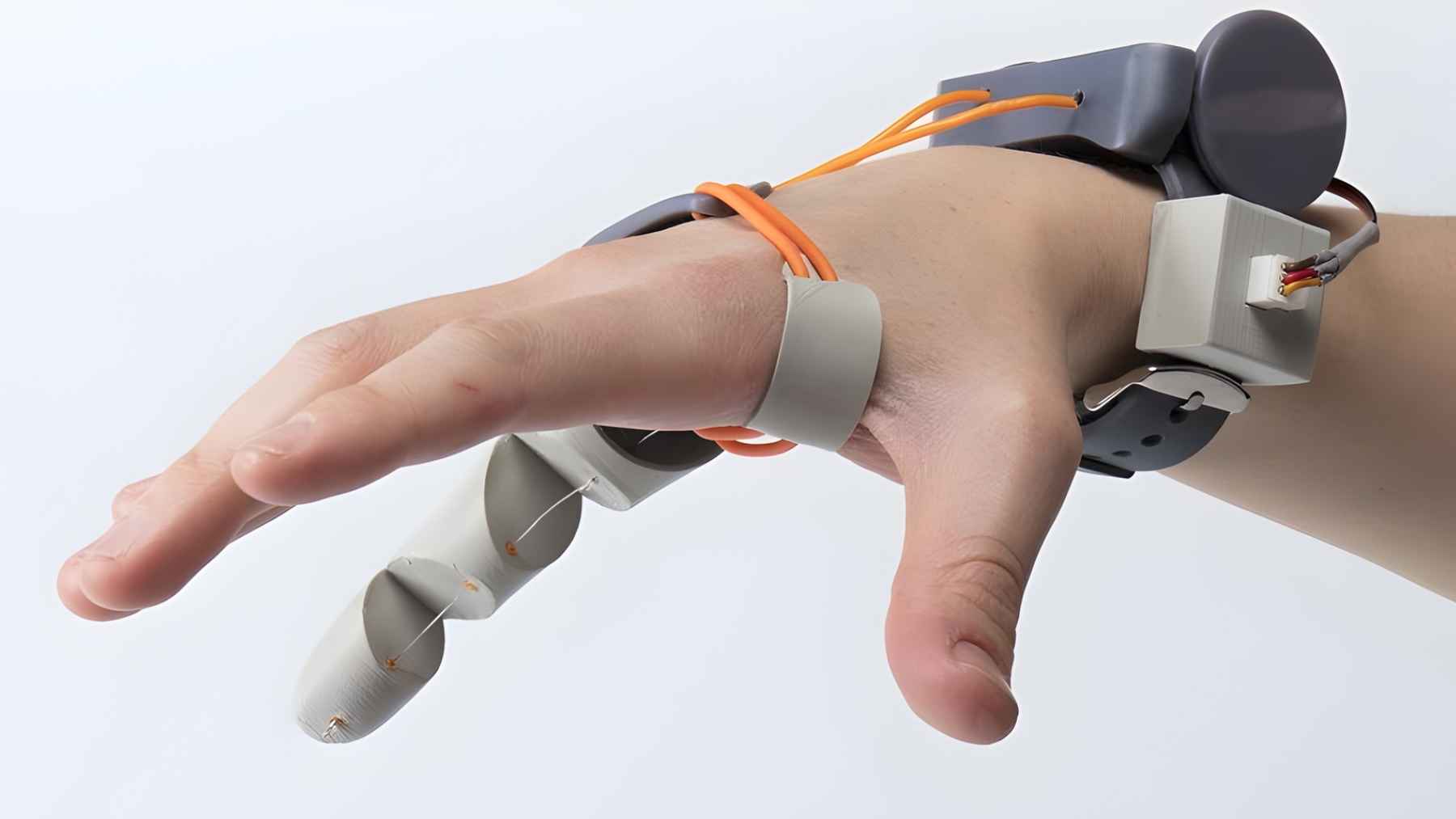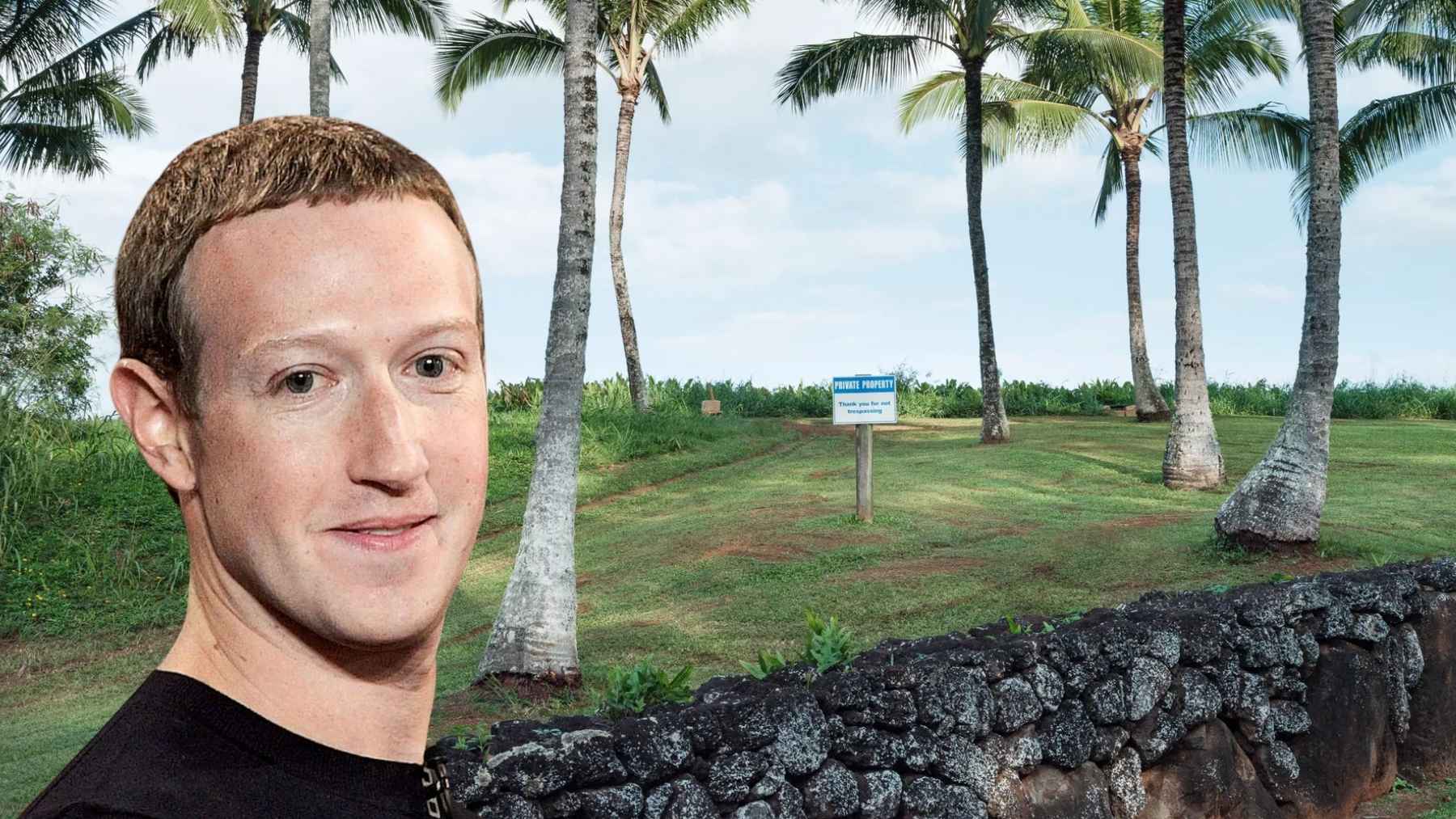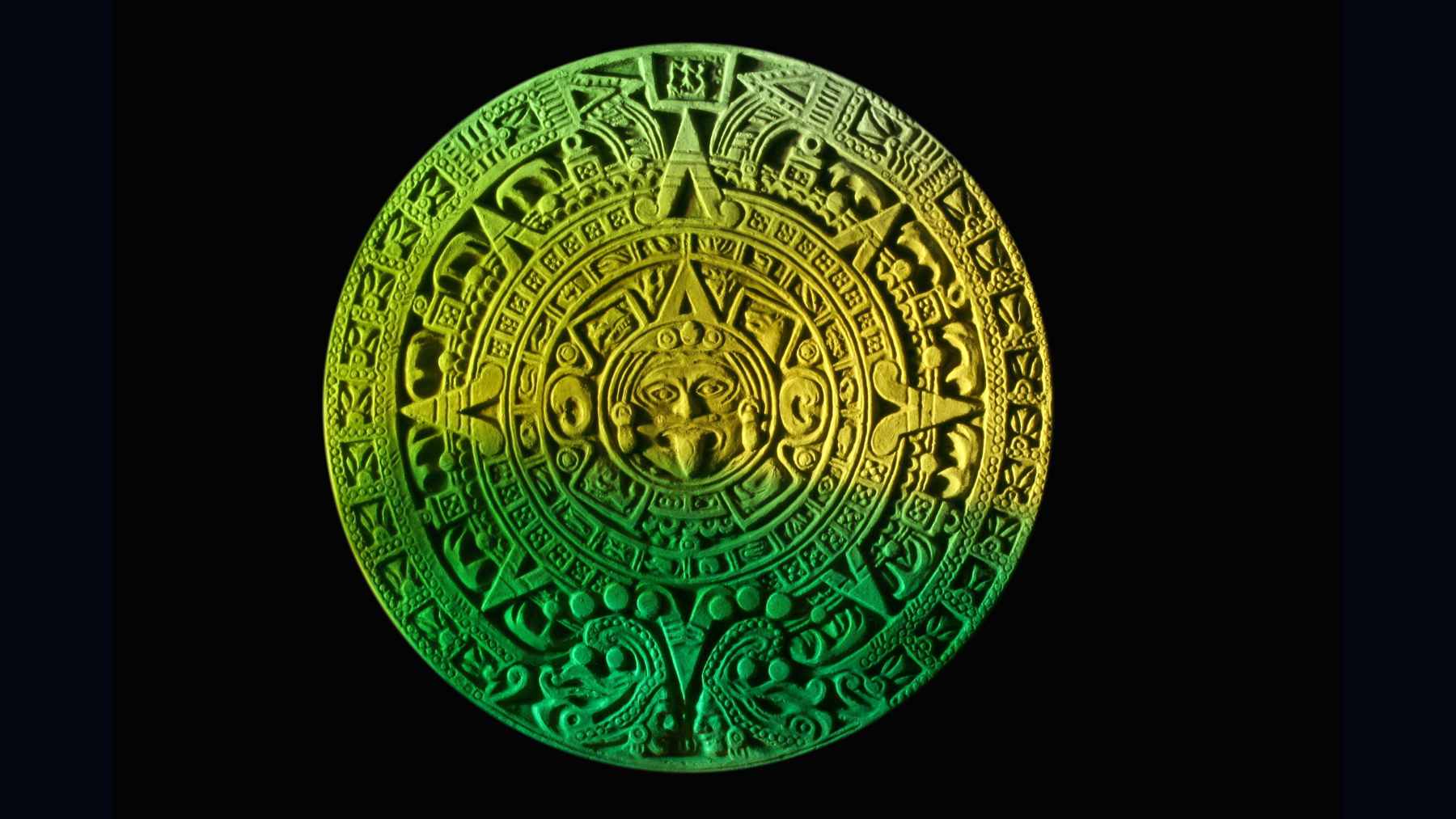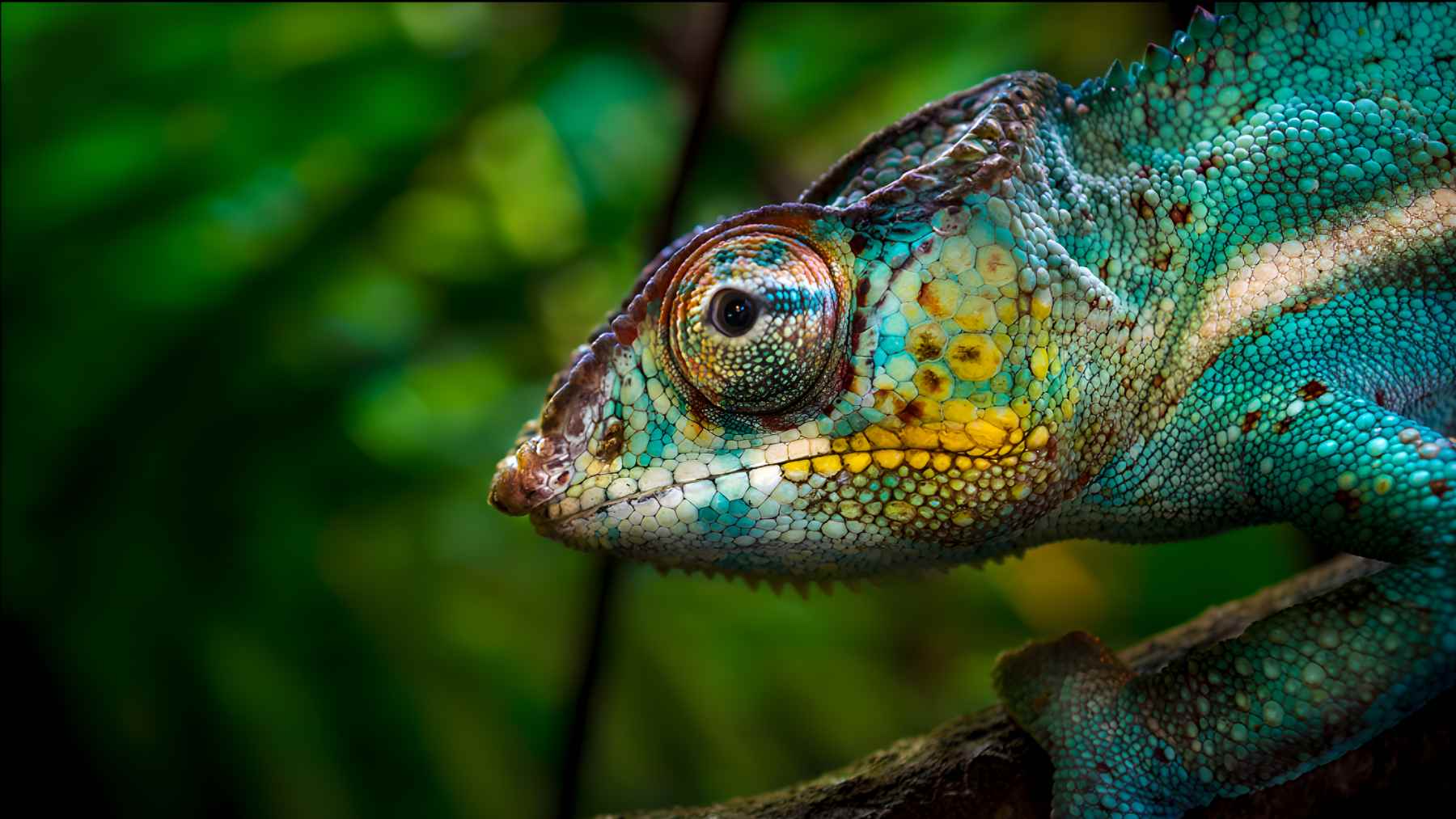As the world looks towards sustainable solutions to support a carbon-neutral road, the transportation industry has taken particular spotlight with regards to these initiatives. With innovation coming from all corners of the globe, experts are constantly recommending and implementing ways to reduce the transportation industry’s reliance on fossil fuels. Japanese automobile makers have been a significant contributor to this, offering futuristic solutions to strive for a sustainable world.
Japan sets its sights on hydrogen
Japanese automaker Toyota has been particularly instrumental in making Japanese automobile makers synonymous with hydrogen fuel-cell technology. With 10.7% of the global market share in 2023, Toyota cemented its position as the biggest automaker in the world in terms of all but revenue. Their popularity can be attributed not just to their reliable vehicles but also to modern innovation and futuristic technology.
The company has been investing in hydrogen-fuel cell technology for nearly three decades, with the Toyota Mirai being the flagship vehicle for this technology. However, the company has in recent years faced criticism for its continued investment in this technology, with some arguing that it distracts from the ultimate electrification of the automobile world, which has been seen as the best solution for the automobile industry to reach decarbonization. However, the company remains dedicated to hydrogen solutions as well as electric vehicles.
Yamaha moves away from hydrogen
While Japan has been noted for its hydrogen developments, automakers in the country are still developing electric engine solutions. Yamha, a major automobile brand from Japan, recently announced in October of last year that they are collaborating with British company Caterham for the development of a new electric sports coupe. The point of the collaboration, known as Project V, is to push towards faster mass production and commercialization of the vehicle.
“The collaboration with Yamaha will not only deliver a powertrain to match the expectations of what an all-new Caterham should be, but confidently accelerate the delivery of Project V to the market,” said Caterham.
Yamaha will be responsible for the development and provision of the e-axle, a vital part of the electric powertrain, They will also be instrumental in proving expert knowledge of vehicle motion control in an effort to produce a distinctive driving experience. By combining the motor, gearbox, and power electronics into one unit, the e-axle maximizes packing and efficiency.
Toyota is in trouble in the United States
Famous US electric vehicle automaker Tesla has recently encountered trouble compared to its international electric vehicle producer competitors. While companies such as Yamaha are seeing success through collaborative efforts with other automakers, Tesla has faced significant backlash amidst vehicle recalls, controversy with CEO Elon Musk’s involvement in politics, and division over the company’s move towards prioritizing autonomous driving systems and robotaxis. This has been a significant hurdle for the company, which has been thought of for years as a pioneer in advancing electric vehicle technology:
“Tesla was the pioneer,” says Stephanie Valdez Streaty, director of industry insights at car sector marketing and software firm Cox Automotive. “They kind of got EVs into the mainstream, got other manufacturers to start investing, and really created a lot of awareness.”
Despite the popular Model Y being the best-selling car worldwide last year, overall sales fell for the vehicle fell for the first time in more than a decade, dropping from 1.81 million to 1.79 million. In addition, Tesla has struggled in the overseas market at the start of this year, particularly in Europe, where January saw new registrations fall by 45% compared to the same month in 2024. Major European markets had continued declines in February, with the UK being an exception, as sales actually increased by 21%.
